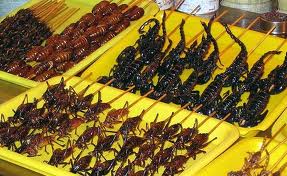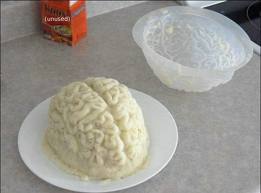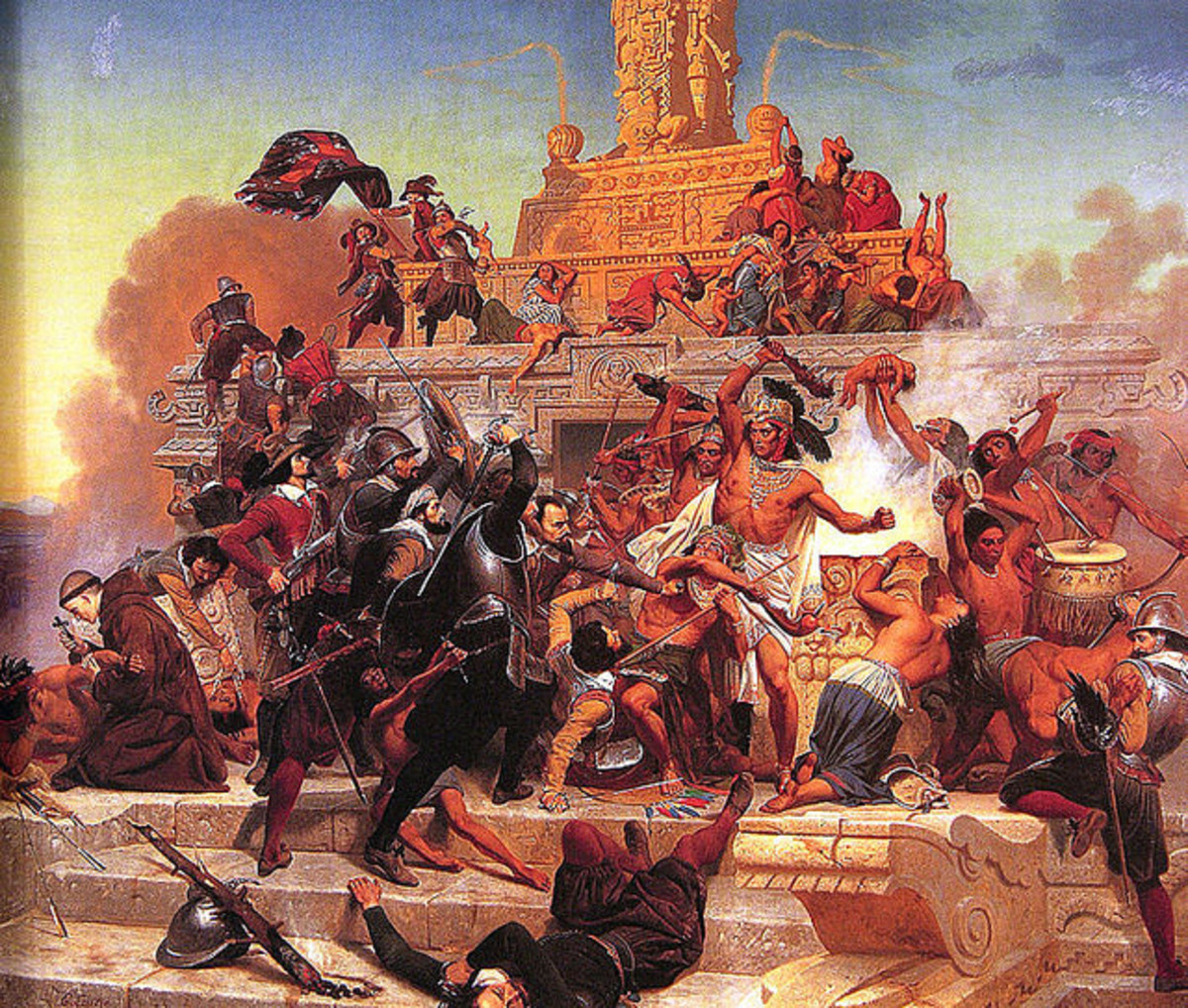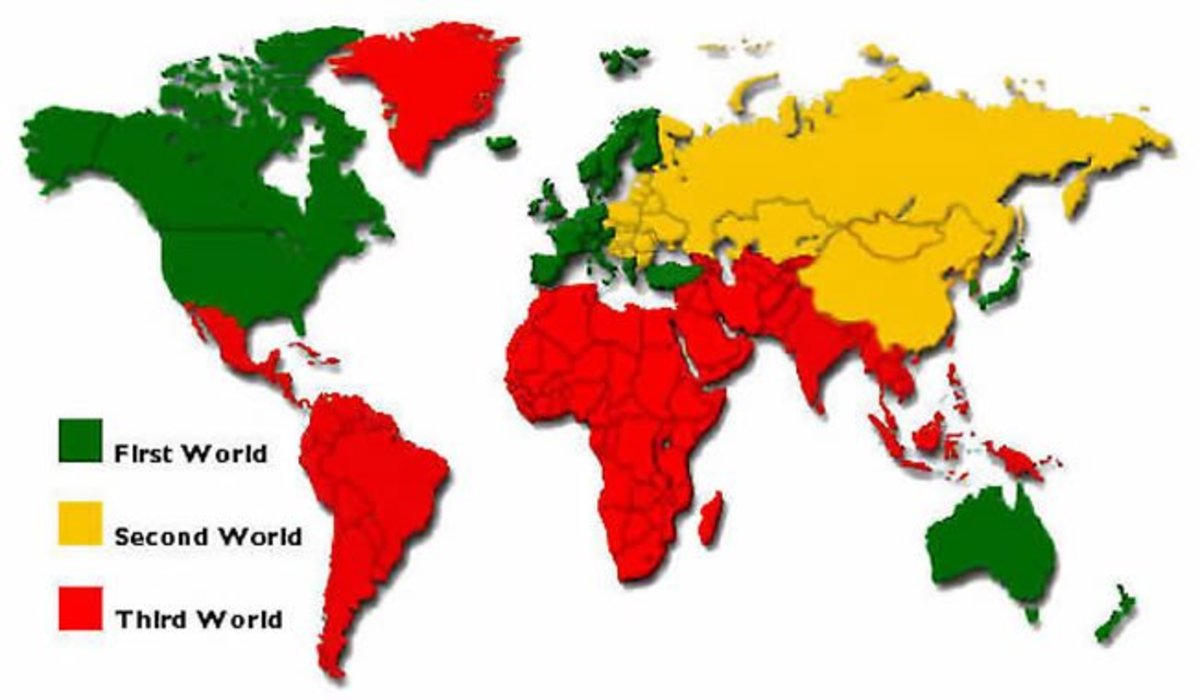A Sociological View On Different Cultures Food Choices



Sociology is the study of societies and how different parts of it, relate to each others. One could attest that in each part of the world, the culture greatly influences everything about it. This will include lifestyles, education, leisure activities and even what they use for sustenance. As with all studies of science, sociology has many different perspectives, namely three. These three perspectives can be used to tackle most questions and they are; symbolic interactionism, conflict theory and functional analysis.
Symbolic Interactionism focuses on symbols and how we use them to understand everything around us. Symbols such as mothers and fathers give us the criteria of how to act, treat and even feel towards these symbols. Conflict theory is a way to look at society as a battle, small groups in steady conflict for resources. Functional Analysis looks at a society as a living organism with each part connected in the rest. This perspectives looks at each piece of society has a desired or undesired reaction to every other part of the society.
In the view of food and what each part of society considers dinner, you could use these different perspectives to interpret why one man’s feast, is another man’s pet, pest, or even their trash. We can also use sociological perspectives to include cultural relativism, the act of trying to understand the many different cultures without using only our biased ideas to judge the differences. If we do not all strive to understand different cultures without judgment, we will soon find ourselves using our own ideals as a judgment, this may be considered ethnocentrism.
Symbolic Interactionism is an easy place to start in the look at what a society eats. Each culture will have a different view or symbol of what food is. These symbols are learned at birth and each child will learn what their parents teach them, as well as what they eat for sustenance as a kid. Since each culture will eat different things, these symbols will be created by the changes. Since symbols teach people how to act and think about certain objects, it will be easy for one culture to think or even judge other cultures choices of sustenance, thus causing ethnocentrism. To strive against these judgments, people in each culture will have to use less judgment and keep an open mind about new cultures and ideas.
Functional Analysis perspective may look at the vast differences as a way for society as a whole to feed themselves. While each part of society has a different climate and wildlife to deal with, all together the population eats their part of the resources. If everyone viewed the same thing as the only source of food, there would be shortages, so in essences someone has to eat bugs and brains to leave others cows and goats. Ethnocentrism would go against this type of perspective because if society is a whole, they would be judging themselves. Functional Analysis is cultural relativism at its best, to look at each culture as part of a whole, to not be judged, but understood.
Conflict theory to me is the best perspective to apply to this question. In reality sources of food are cohesive to what resources are available. Places like Venezuela may not have the landscape to support grazing animals and grubs are a large part of many indigenous diets for the smiple fact that they are edible and easily accessible. Goats are eaten in parts of the world that are mountainous, thus those are the resources to survive. The conflict is in each small groups survival, they eat what they can, when they can. The United States does not have these issues because of Free Trade, thus they are not impeded by their surroundings, they can merely take resources from elsewhere to satisfy their needs. Other groups are not so lucky and they must use what they have. Food is a source of many wars and even a source of power in places like Africa where they must depend on other cultures to make it for them. It has been said that whoever controls the food, controls the people. In Ethnocentrism one would presume that each small group would like to see their superiority over another group and why not use food to do so.
In my opinion though, each perspective does not involve the X factor, except maybe Conflict Theory, because in the end survival trumps all preconceived notions of what is right or wrong. Many that may see something as repugnant, can very easily find themselves eating those very same things that twisted their stomach. In my experience, namely Hurricane Katrina, people were eating all sorts of things to stay alive, even going as far as eating cockroaches, lizards and many other unconventional food sources. So although America isn’t forced to eat bugs and brains, if times get hard, I am sure people will eat whatever is needed to survive.








